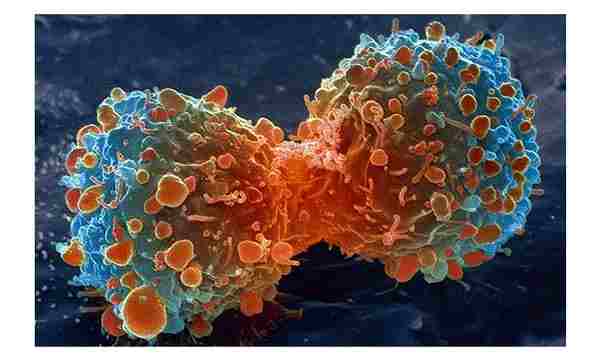Belly Fat Linked To Depression
Who would have ever thought that by treating the symptoms of depression, you may also be controlling obesity? Researchers at the University of Alabama have found a link between depression and weight gain.
In a 15-year study of 5,100 men and women to determine the link between depression and body mass index (BMI), they found that the subjects who were depressed gained weight the fastest. Those who started out with high levels of depression gained weight at a faster rate than others in the study.
As it turns out, the stress hormone cortisol is related to depression and abdominal obesity or belly fat, which may explain why depressed people tend to gain more belly fat. On the other hand, it was determined that being overweight did not cause depression. Belly fat has also been linked to heart disease and diabetes, as has depression.
The accumulation of this fat – medically known as visceral fat or central adiposity – is considered to be dangerous because is surrounds the liver and kidneys. This can cause an increase in blood sugar and chronic inflammation, which again, can lead to heart disease, diabetes, and other health problems.
Like humans, monkeys also secrete more cortisol when they are stressed or depressed. In a stress research study done on monkeys at Wake Forest University, they tested normal monkeys against stressed monkeys. Even when both sets of monkeys had the same weight and BMI, the stressed monkeys had more visceral fat than the control group.
How do you know if you are beginning to accumulate visceral fat? Waist measurement is not an accurate indicator. An MRI or a CT scan can find it early.
Women are at a greater risk than men. While it takes years for men to acquire a potbelly, women can gain one in just a few years of menopause.
A healthful diet rich in organic fruit and vegetables, combined with enjoyable physical activity, are recommended to reduce or eliminate belly fat. Often these steps will also help relieve depression. Acupuncture has been proven to help correct the imbalance that initially caused the depression. Learning a peaceful relaxation meditation and attending counseling can be of benefit too.
Depression symptoms to be aware of are:
- Constant sadness
- Irritability
- Hopelessness
- Sleeping Problems
- Low Energy
- Feelings of worthlessness
- Noticeable weight changes
- Difficulty concentrating
Depression can lead to belly fat, which can lead to heart, liver, kidney and blood sugar problems. If you are depressed, start taking steps to relieve it, to prevent the other problems from occurring. Click here to see one woman’s extreme weight loss and depression journey.








